Politics
/ArcaMax

Allison Schrager: Affordability isn't a hoax. It's not a crisis for most, either
When someone tells you that they are struggling, it is generally a good rule of thumb to take them seriously. So it was not the best political move for President Donald Trump to call the affordability issue a “hoax.” Too many Americans are trying to cope with rising food prices and high costs for housing, health care and child care.
At the ...Read more
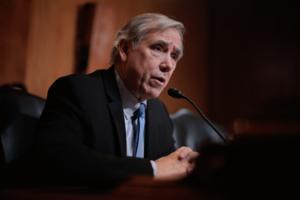
Mark Z. Barabak: The US Senate is a mess. He wants to fix it, from the inside
To say the U.S. Senate has grown dysfunctional is like suggesting water is wet or the nighttime sky is dark.
The institution that fancies itself "the world's greatest deliberative body" is supposed to serve as a cooling saucer that tempers the more hotheaded House, applying weight and wisdom as it addresses the Great Issues of Our Time. Instead...Read more

F.D. Flam: The real microplastics problem isn't in your brain
In the realm of horror, it was hard to beat the headlines last February that you were carrying around the equivalent of a plastic spoon’s worth of microplastics in your brain. The findings, reported in Nature Medicine, generated lots of outrage on morning talk shows and were even repeated as fact by would-be surgeon general Casey Means.
A ...Read more
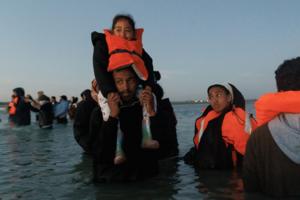
Editorial: Europe needs a smarter approach to immigration
As the European Union ages, it’s increasingly dependent on migration to sustain its economies. Unfortunately, the bloc’s inability to manage this influx is warping its politics. Unless it can build a better system — one that combines credible border controls with economic opportunity — it risks further decline and fracture.
Each year, ...Read more

Commentary: America continues to rely on the collective wisdom of the people
One of the joys of living in flyover country is the annual state fair. It is a mix of traveling circus, amusement park, unbelievable food, live entertainment and serious competitions.
You see children (and adults) vying for prizes for raising livestock; you can watch everything from barrel racing to sheep shearing; and you can not only see the ...Read more

Commentary: Thank goodness for 'A Charlie Brown Christmas'
One of the most beloved holiday specials ever made doesn’t start with costumed pageants, joyful carols or snowmen come to life but with a self-aware declaration of seasonal depression.
“I think there must be something wrong with me, Linus,” says Charlie Brown, shuffling through the snow as other kids frolic to a song about the holiday’s...Read more
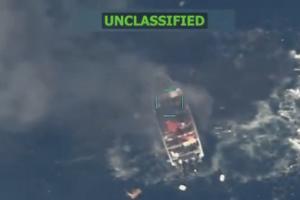
Editorial: Death at sea and Trump's circle of denial
Key members of Congress have seen with their own eyes how the U.S. military deliberately killed two men who survived a missile attack on their small boat.
What the video showed was either a war crime or simple murder. Whether that got through to the politicians depended largely on whether they were Democrats or Republicans.
America is supposed...Read more

Commentary: The good and the bad in Donald Trump's national security strategy
On most days, the words “Donald Trump” and “strategy” don’t fit in the same sentence. Combined, they’re an oxymoron in the truest sense. After all, strategy denotes a well-thought-out plan with concrete goals, realistic ways of achieving those goals and a set of principles that serve as an anchor as the president goes about the job. ...Read more
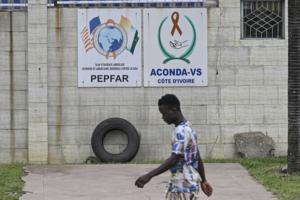
Commentary: The fight to sustain PEPFAR
Every year on Dec. 1, World AIDS Day isn't just a time to look back, but it’s a call to action.
This year, that call echoes louder than ever. Even as medicine advances and treatments improve, support from political leaders remains shaky. When the Trump administration threatened to roll back the President's Emergency Plan for AIDS Relief (...Read more
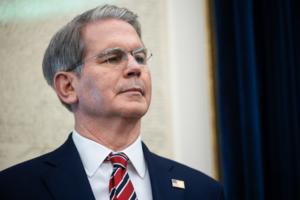
Michael Hiltzik: Is $140,000 really a poverty income? Clearly not, but the viral debate underscores the 'affordability' issue
On the Sunday before Thanksgiving, a wealth manager named Michael Green published a Substack post arguing that a $140,000 income is the new poverty level for a family of four in America, where the official poverty line is $32,150.
The post promptly went viral.
One would hope that economic commentators coast-to-coast mentioned Green as their "...Read more
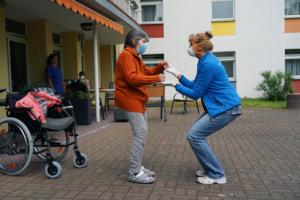
Commentary: How to help those living with dementia beyond awareness and education
A terrible irony of dementia — which can result in the inability to recognize people and places — is that the condition itself does not get the worldwide recognition it deserves.
Until now.
The United Nations recently announced a plan to address major neurological disorders, such as dementia. This is particularly significant because many ...Read more

Editorial: Another rent control failure in NYC
Nevada’s legislative Democrats have flirted with rent control as a means of addressing high housing costs. But their proposals have, thankfully, lacked sufficient support. Perhaps they should consider New York City’s predicament.
Mayor-elect Zohran Mamdani wants to bring sweeping changes to the Big Apple. One of his most popular proposals ...Read more

Steve Lopez: Affordability is a hoax? An offer to Trump from a free lunch program -- 'Travel with me'
Frank McRae, a retiree who lives in Koreatown, did not hesitate when I asked what he'd say to President Donald Trump about his claim last week that the affordability crisis is a hoax.
"I would say, 'Mr. President, please travel with me … so that you can experience firsthand … what it means to have to search for affordable food,'" McRae said...Read more
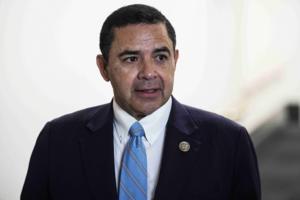
Mary Ellen Klas: Cuellar's pardon shows the art of the unsealed deal
For the latest bit of proof that President Donald Trump has lost his political mojo and that his era is one of political rot, look no further than the curious case of Texas Congressman Henry Cuellar, a Laredo Democrat.
Here’s the timeline: In 2022, just weeks before a competitive primary, federal agents raided Cuellar’s home and offices. ...Read more

Parmy Olson: AI can help your kids do more than cheat at tests
ChatGPT and its peers have become the bane of teachers. Students churn out homework assignments with it and, according to one exasperated professor, secretly feed themselves smart comments for class discussions.
Far from helping kids think for themselves, today’s artificial intelligence tools offer an irresistible cognitive shortcut they’...Read more
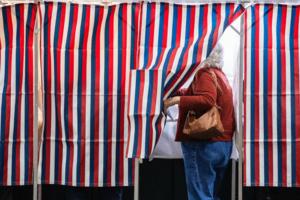
David M. Drucker: Republicans won the seats. Democrats won the trend
If you’re a Republican, you can explain away the troubling results of last week’s special election in Tennessee’s Seventh Congressional District any way you want. But what about the dozens of other special elections in 2025 that saw your party underperform?
And that’s the problem for the GOP.
The 13-percentage-point shift toward the ...Read more
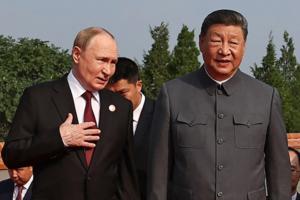
Trudy Rubin: New US National Security Strategy slams Europe as greater threat than Russia or China
Ordinarily, I wouldn’t recommend perusing the annual National Security Strategy of the United States of America. It generally summarizes the foreign policy direction in which the current administration is headed, and makes for lengthy, dry reading.
But the new 33-page document is so shocking — even given what we already know about this ...Read more
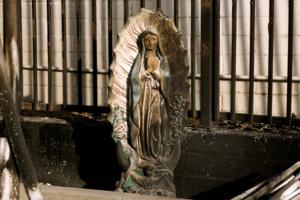
Gustavo Arellano: In Trump's regime, Catholics are among the most powerful -- and deported
Her brown face, green mantle and forgiving gaze is a mainstay of Southern California: In front yards. As murals. On decals flashing from car windows and bumpers. Sold at swap meets in the form of T-shirts, ponchos, statues, bags and so much more.
Tomorrow, it will be the feast day of Our Lady of Guadalupe, and She couldn't come soon enough. ...Read more
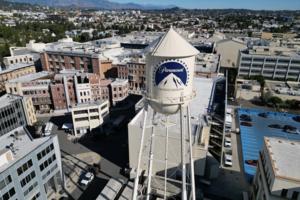
Jackie Calmes: Signs of the regulatory apocalypse
The confluence of two seemingly unrelated news events in recent days — the first one roiling Hollywood and media from coast to coast, the other playing out before the Supreme Court — was nothing short of uncanny.
And disturbing.
The first news was the one-two punch of Friday's bombshell that Netflix planned to swallow up Warner Bros. ...Read more
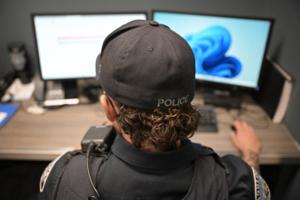
Commentary: A bend but don't break economy
Everyone has a stake in keeping the unemployment rate low. A single percentage point increase in unemployment is tied to a jump in the poverty rate of about 0.4 to 0.7 percentage points. Higher rates of unemployment are likewise associated with an increase in rates of depression among the unemployed and, in some cases, reduced mental health ...Read more




















































